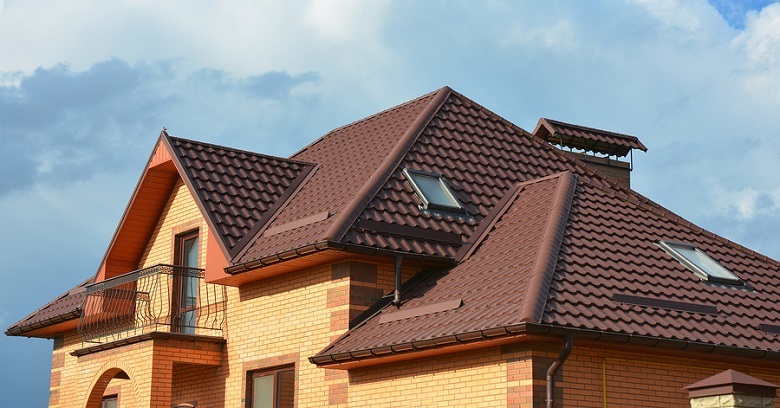
As expensive as new roofs are in today's world, getting a good warranty is more important than ever. Did you know there are two different kinds of warranties included with your roof? The roof repair and installation work you contract typically includes both an installer and a manufacturer's warranty, each of which applies in a different way.
To ensure you understand what is actually covered on your roof and by whom, it is important that you know the difference between these two contracts!
What Do Manufacturer’s Warranties Cover?
The manufacturer’s or materials warranty covers the materials installed by your roof services. When you see roofs advertised as having a 30-year warranty, this is the guarantee of the shingle manufacturer. They back the product's service and performance for a certain length of time when correctly installed and properly maintained.
A materials warranty is completely separate from an installer’s warranty. Should the materials fail and be found defective, the manufacturer will replace them for free but will not usually pay a roof repair company to perform the actual work.
What many people do not realize is that the materials warranty is valid:
- Only when the product is installed according to the manufacturer’s explicit instructions.
- When the homeowner provides all required maintenance.
What happens if either of these things are not done properly? When an installer does not follow the manufacturer’s installation instructions or you fail to have the roof routinely inspected and repaired, the warranty may be voided.
What Do Installer Warranties Cover?
The installer’s warranty, also called the workmanship or contractor’s warranty, covers the actual workmanship in applying roofing materials. This warranty covers your roof in the event that roof services were performed incorrectly, without proper preparation, or against the manufacturer’s directions in such a way that leaks and other damages result.
When these type of situations occur, the contractor’s warranty covers the cost of correcting any damage. Depending on the actual cause of damage, they may or may not cover the cost of the rematerials required to make repairs.
Potential Problems When Warranties Collide
While you may think the materials and workmanship warranties included in a roof repair or new installation cover your roof in every situation, this is not always true. Unfortunately, many contractors offer relatively short workmanship warranties of only a few years on their roofs.
Considering the fact that problems related to poor workmanship may not show up for years, this can leave homeowners without recourse, especially if the manufacturer deems that the damage is due to poor workmanship. More reputable and experienced contractors who pride themselves on great workmanship are beginning to offer longer warranties, some as long as ten to twenty years.
What does this mean for you as the homeowner? Most importantly, it suggests that before you sign a contract with any roof services, you should discuss both the manufacturer’s and installer’s warranties so you fully understand all specifications, limitations, and which warranty covers and pays for what in the event of problems.
You should only work with a roof repair company that offers a longer workmanship warranty so you have the most coverage for the longest amount of time. Services that offer the longest warranties on their roofs usually provide the best workmanship and encounter the least amount of problems!






